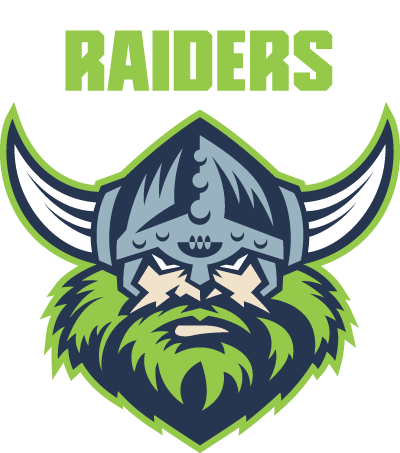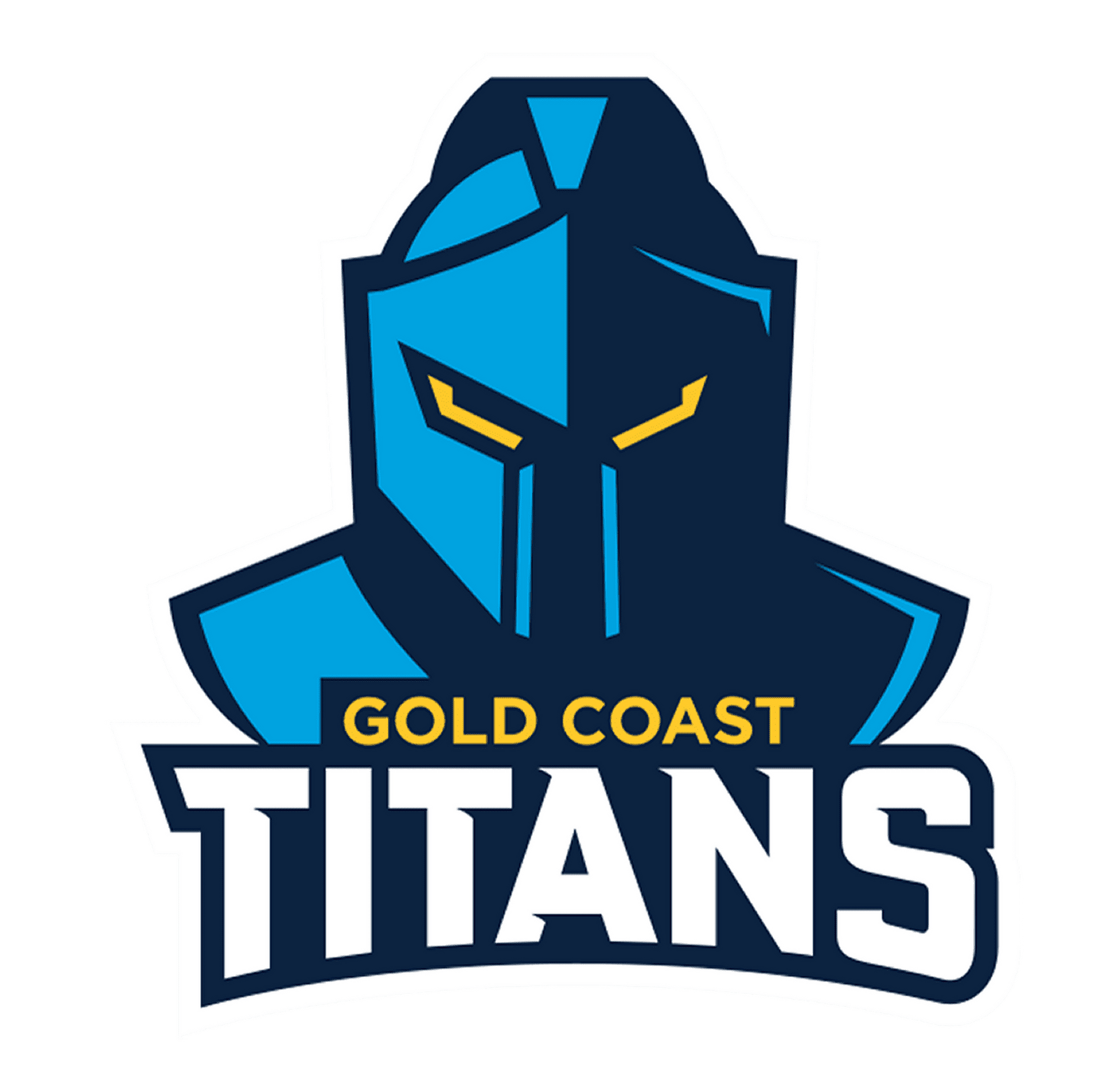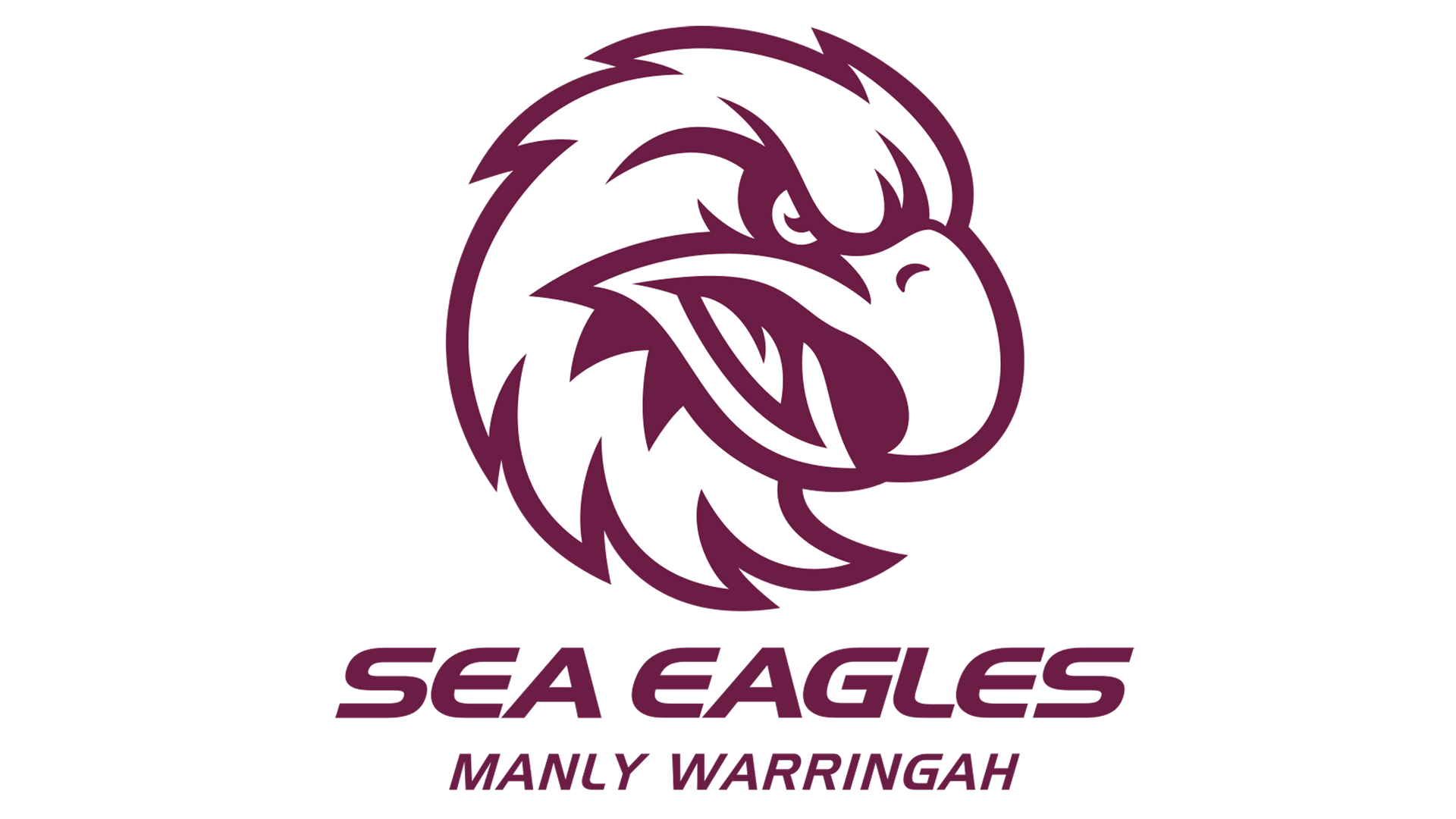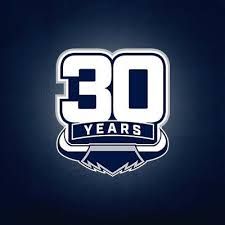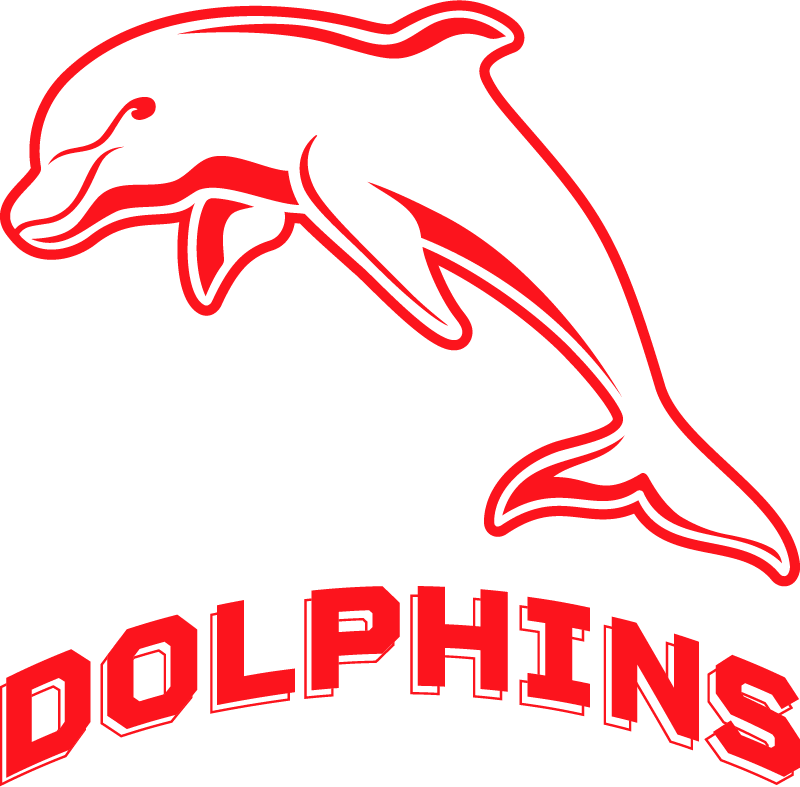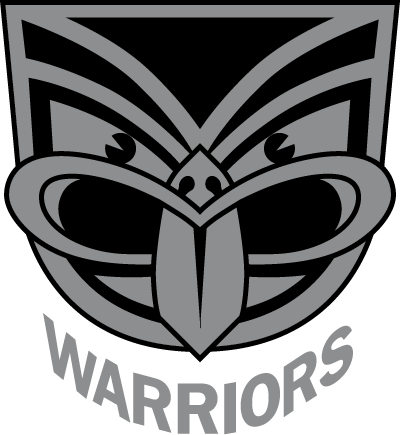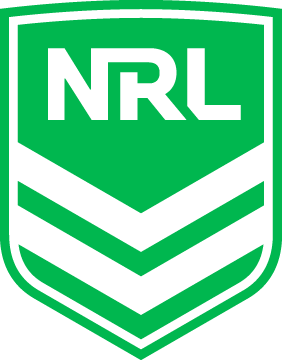Club Administration Manuals
- BOARD / COMMITTEE STRUCTURE
Rugby League Clubs are generally governed by a Board also known as a Committee. The Board / Committee is traditionally made up of a Chair or President, Vice Chair, Secretary, Treasurer, and general Board / Committee members looking after other portfolios that are deemed appropriate such as Sponsorship and Fundraising Coordinator, Volunteer Coordinator and Media and Public Relations Coordinator.
The Board / Committee is the senior decision-making group within the club and manages the club’s affairs on behalf of the members. The Board / Committee’s major responsibilities are:
• Administration
• Financial Management
• Risk Management
• Leadership
The duties of the Board / Committee include:
• Ensure the constitution, objects, aims rules and regulations of the club and the decisions and by-laws of the Board / Committee are respected and observed at all times.
• Monitor the corporate affairs, governance and policies of the club.
• Obtain and maintain a general understanding of the business of the club.
• Undertake regular reviews of the financial position of the club, and make further enquiries from those reviews if necessary.
• Ensure that the club has an effective Risk Management Program and policies in place.
• Oversee the club’s planning initiatives for the club’s short and long term development.
• Meet regularly on agreed dates.
• Form partnerships with relevant parties.
• Appoint Delegates if required.
Board / Committee size and composition
There are no hard and fast rules regarding Board / Committee size. It should be appropriate for the size of the club. Five is a good rule of thumb for small to medium sized clubs.
If the Board / Committee is too large it may prove to be too cumbersome and ineffective. Many ‘modern’ Board / Committee structures consist of a smaller group/s that relieve the main Board / Committee of certain tasks by capitalizing on the specialist skills of members within the club who are willing to contribute their time and expertise to complete a certain task. The group/s reports to the main Board / Committee regularly.
- PRESIDENT / CHAIR JOB DESCRIPTION
Responsibilities:
The President / Chair is the principal leader of the club and has overall responsibility for the club’s administration. The President / Chair provides leadership and direction to the club’s Board / Committee, office bearers, officials and members.
Duties:
• Be fair and reasonable and show consideration and understanding towards the feelings, hopes and expectations of everyone involved in the club.
• Be unbiased and impartial, give clear direction and set an example for others to follow.
• Be an effective and efficient chairperson, encourage focused discussion and have a sound knowledge of debating and meeting procedures. .
• Represent the club at a league level in a positive and professional manner.
• Be well informed of all club activities.
• Ensure that responsibilities delegated to the Board / Committee and various office bearers are widely communicated, understood and followed through.
• Have a sound understanding of the club rules, the constitution and the responsibilities and duties of office bearers and sub-committees.
• Ensure the clubs financial management procedures remain on target.
• Maintain an overview of the club’s planning process.
• Ensure at all times the management of the club remains positive and progressive and the objects and aims of the club are respected and observed.
• Be prepared to make difficult decisions on behalf of the club if necessary.
• Insist on all members respecting and abiding by the clubs discipline provisions.
• Manage all executive, special and committee meetings and the Annual General Meeting.
• Oversee Risk Management Procedures for the club.
Notes:
The President / Chair plays a crucial role in ensuring the ongoing good governance of the club.
The President / Chair should ensure that the Board / Committee is well balanced and has a good cross section of relevant skills.
- PRESIDENT / CHAIR – MEETING PROCEDURES
• Act as the Chair during the meeting.
• Have an in-depth knowledge of all statutory, constitutional and procedural requirements.
• Determine that the meeting is properly convened and that a quorum is present.
• Understand the business and objectives of the meeting.
• Accept motions and amendments.
• Decide points of order.
• Facilitate discussion.
• Assist decision making.
• Ensure meeting starts and ends on time.
- SECRETARY JOB DESCRIPTION
Responsibilities:
The Secretary is the key administrative officer of the club and is responsible for the efficient management of the organisation.
Duties:
• Provide an open communication link between the Board / Committee, sub-committees, members and other clubs and Leagues.
• Clear the mailbox regularly so that correspondence can be distributed and dealt with at meetings.
• Record all inward and outward correspondence and acknowledge where necessary.
• Have a good working knowledge of meeting procedures.
• Prepare agendas, reports and papers for all Board / Committee meetings.
• Take minutes at all Board / Committee meetings and at the AGM.
• Communicate all matters of importance from the League to the Board / Committee and club members.
• Be the link between the league and the club on all levels.
• Maintain a sound knowledge of league rules and regulations.
• Maintain confidentiality on relevant and delicate matters.
• Have a good understanding of the club constitution, club rules and regulations and responsibilities of all office bearers.
• Be aware of the future directions and plans of club members.
• Co-operate with and assist the Board / Committee and other office bearers with their duties and responsibilities.
• Manage the club’s planning process.
• Support and encourage all club members to respect and support the Rugby League Code of Conduct.
• Complete appropriate documentation to ensure insurance coverage is in place.
• Maintain club administration records - correspondence, financial records, minutes, competition details, staff records etc.
• Support all media, promotion, marketing and sponsorship activities.
• Be aware of latest LeagueNet updates and procedures.
Notes:
The Secretary is responsible for the club’s brand image and should that ensure that all logos, designs, colours, merchandise, trademarks, copyrights etc are protected (where necessary) and their use is in accordance with club policy.
- SECRETARY– MEETING PROCEDURES
Regular Meetings
• Distribute agenda.
• List those present, along with apologies.
• Follow the order of the agenda.
• Record all motions and/or amendments i.e
• Fred moves “that club fees increase by 10%”
• Mary seconds the motion
• Chair asks Fred to speak to the motion
• Chair calls for discussion
• Chair puts motion for decision
• Members vote
• If motion passed, it becomes a resolution and should be minuted: – “It was resolved that club fees be increased by 10%.
Moved: Fred ….. Seconded: Mary ….. Carried.
• List or summarise all correspondence.
• Write up minutes and circulate.
• Note points of action for follow-up.
Annual General Meeting (A legal requirement)
• The AGM is where the Board / Committee reports to the members on how the club is being run.
• The two main tasks at an AGM are:
o Present the audited financial statements
o Elect office bearers
• The date of the AGM is usually stated in the club’s constitution.
• Advance notice of the AGM must be given to members (refer to constitution for amount of notice).
• Notice of the AGM is usually made public (as per constitution).
• Secretary must check voting entitlement of all members.
- PUBLIC OFFICER INFORMATION
An incorporated association (club) is required to have a Public Officer who has attained the age of 18 years and is a resident of the state where the club is located.
The Public Officer is the official contact point for the club. The Public Officer can be a committee member, a member of the club or an outsider. The Public Officer’s address may be used as an official address for the service of documents on the club. To this end, the Public Officer is required to bring all documents received by him or her to the attention of the Board / Committee as soon as practicable.
Unless the rules of the club provide otherwise, the Public Officer of a club may hold any other office of the club.
How is the Public Officer appointed and removed?
The Board / Committee of a club appoint the Public Officer for the club.
The Public Officer shall be deemed to have vacated the office if they:
• die
• resign from the position of Public Officer
• are removed from office by way of a resolution passed at a general meeting of the members of the club
• become bankrupt
• become a patient under a Mental Health Act or
• cease to be a resident of the state
The position of Public Officer must not remain vacant for more than 14 days. Within 14 days of a vacancy occurring, the Board / Committee must notify the state office responsible for Incorporated Associations of the vacancy and appoint a new Public Officer. The new Public Officer is also required to give notice of his or her appointment to the state authority within 14 days of the appointment. Notice of a vacancy and subsequent appointment of a Public Officer is required to be given.
Where the Board / Committee of a club fails to notify the state authority of the vacancy or fill the position within 14 days, each member of the Board / Committee is guilty of an offence and liable to a penalty.
Upon vacating the position, the Public Officer should pass on all information held on behalf of the club to their successor.
What are the obligations of the Public Officer?
Notice of appointment
A new Public Officer must lodge a notice of vacancy/appointment/change of address of Public Officer notifying of their appointment, within 14 days of the appointment.
Notice of change of address
Where a Public Officer changes his or her address, the Public Officer must give the state authority notice within 14 days by lodging a notice of vacancy/appointment/change of address of Public Officer.
Register of Board / Committee members
The register of Board / Committee members of the club is to be kept at the residential address of the Public Officer and must be made available for inspection by any person, free of charge, at all reasonable hours. Where a club has ceased to exist, the last Public Officer must keep the register for a period of at least two (2) years after the date on which the club ceased to exist.
Annual statements
The Public Officer must lodge an Annual statement, with the prescribed fee, within one month after the date of each Annual General Meeting of the club. The statement is a summary of the year’s financial transactions. A penalty may be imposed on the Public Officer for failure to lodge the form in the required time. If the Public Officer is not able to lodge the annual statement in time, an application for extension of time for holding the Annual General Meeting or lodging statement setting out the reasons for the delay should be lodged, with the prescribed fee, before the due date.
Change of name of the club
The Public Officer must apply to the state authority for approval of a change of name within one month after the passing of a special resolution to change the clubs name. An application for approval for change of name must be lodged, together with the prescribed fee.
Alteration of objects or rules
After the passing of a special resolution altering the statement of objects or rules of a club, the Public Officer must lodge a notice of alteration of objects or rules, with the prescribed fee, setting out the particulars of the alteration. A penalty may be imposed on the Public Officer for failure to lodge the form in the required time.
Receiving documents on behalf of the club
The Public Officer has an obligation to bring all documents addressed to the club to the attention of the Board / Committee as soon as practicable. This obligation continues for a period of 12 months after a person has ceased to be the Public Officer of the club.
- TREASURER JOB DESCRIPTION
Responsibilities:
The Treasurer is responsible for the management of the clubs accounts and its financial dealings.
Duties:
• Prepare an Annual Budget, and be prepared to present this when required by the Board / Committee along with a Variance Report.
• Prepare Monthly Financial Reports to be presented when required by the Board / Committee (usually every meeting) and/or your League.
• Prepare full annual financial statements for presentation to:
- The financial auditors for the club
- The AGM of the club
- The League
- The Department of Fair Trading, or similar, in your state
• Prepare and submit Business Activity Statements if required.
• Manage the clubs cash flow and maintain a working level of petty cash.
• Be fully aware of the financial position of the club at all times and keep the Board / Committee informed of all financial trends and any areas of concern.
• Issue receipts and promptly deposit all monies received.
• Be responsible for ensuring that adequate records are kept regarding the clubs financial transactions.
• Be a signatory on club cheques with at least one other person.
• Ensure that other club members do not handle, deposit, pay out or otherwise deal with club funds without your knowledge.
• Invest surplus funds and manage the club’s investment program.
• Acquit funds received from government and/or council grants and submit the necessary financial statements.
• Handle payroll and income tax for employees if necessary.
• On behalf of the Board / Committee, negotiate with financial institutions for overdrafts, loans, mortgages and other facilities as required.
Included is this section is a comprehensive Treasurer’s Handbook, reproduced by kind permission of the Queensland Southern Division Rugby League.
- MEMBER PROTECTION INFORMATION OFFICER JOB DESCRIPTION
Overview:
The Member Protection Information Officer (MPIO) is the first point of call in the club for any enquiries, concerns or complaints about harassment and abuse.
The MPIO provides confidential information and moral support to the person with the concern or who is alleging harassment.
The MPIO is responsible to the club’s Board / Committee and club members.
Duties:
• Listen to complaints and concerns from members and visitors.
• Provide support for all members.
• Provide information and options for member behaviour (not advice).
• Keep up to date with information on harassment, discrimination and other forms of inappropriate behaviour.
• Understand and follow club policies and procedures in relation to Member Protection.
• Be accessible and approachable to all club members.
• Mediate complaints at a formal and informal level.
• Maintain confidentiality for all club members.
• Provide relevant persons with the appropriate reports/documentation resulting from hearings.
• Carry out unbiased investigations and make reasonable recommendations.
Position Requirements:
• Ability to provide support
• Interpersonal skills
• Good communication skills
• Good conflict resolution skills
• Knowledge of Club Member Protection policies and procedures
• Able to work independently
Notes:
A Prohibited Employment Declaration Check is mandatory for this position.
For further information, please refer to Play By The Rules website: www.playbytherules.net.au
- SPONSORSHIP AND FUNDRAISING OFFICER JOB DESCRIPTION
Responsibilities:
The Sponsorship & Fundraising Officer is primarily responsible for all revenue generation for the club.
Duties:
• Form a sponsorship and fundraising sub-committee (if necessary).
• Set fundraising goals for the club.
• Develop a fundraising program / strategy for the club.
• Develop and implement a sponsorship servicing program that provides value for the club’s sponsors.
• Identify all available sponsorship opportunities.
• Prepare submissions and all supporting material and ensure all materials required for fundraising are ordered and available.
• Arrange all necessary permits, registrations and approvals for fundraising activities as required.
• Present proposals to interested parties.
• Organise fundraising activities and functions for the club.
• Prepare rosters and supervise volunteers assisting with fundraising activities.
• Supervise the collection of all monies raised and arrange payment to the Treasurer.
• At the end of each function or activity, reconcile all funds raised with Treasurer.
• Maintain appropriate fundraising records as required by the Treasurer.
• Ensure that all commitments are provided according to the terms of the respective sponsorship agreements.
• Maintain accurate records of all sponsorship, fundraising and donations received.
- REGISTRAR JOB DESCRIPTION
Responsibilities:
The Registrar is responsible for the accurate and timely registration of all players, coaches, trainers and other club officials.
Duties:
• In conjunction with the Board / Committee, plan, coordinate and manage club registration days at the commencement of the season.
• Ensure all players fill out the appropriate registration forms.
• Ensure that original copies of birth certificates and other proof of age documents are sited at time of registration.
• Obtain photographs for all players to be used on their registration cards.
• Prepare a list of players for each age group for distribution to team coaches.
• Ensure all Coaches / Sports Trainers/Volunteers are added to the National Database.
Go to -https://admin.mysideline.com.au/login.
• Be familiar with the National Membership database and clearance manual.
Go to -https://admin.mysideline.com.au/login.
Notes:
The registrar must ensure that all player details are passed to the state league for inclusion in the MySideline national database and for the issue of ARL ID numbers.
- GROUND MANAGER JOB DESCRIPTION
Responsibilities:
The Ground Manager is responsible for ensuring that the grounds and associated equipment are safe for use. It is also important to ensure that rules and regulations regarding the club’s playing fields and facilities are respected and observed.
Duties:
• Depending on the size of the club, form a grounds sub-committee to achieve the identified tasks.
• Liaise with the local league as and when required and have a sound understanding of the various requirements in relation to ground management.
• Implement risk management measures to ensure that the playing fields and surrounds are safe for the conduct of games and training as required.
• Ensure that state league policies in relation to ground management are observed.
• At the commencement of the season, order line marking and other equipment.
• Mark out the playing fields at the commencement of the season.
• Ensure that all ground maintenance equipment is in safe working order.
• Ensure the dressing rooms, canteen, referees room and toilets are in a clean and tidy condition each time they are used.
• Ensure the ambulance access is maintained at all times.
• Ensure that field lines are clearly marked and maintained in good order for all games.
• Ensure that the playing surface is in good order at all times.
• Ensure adequate supplies of sand are available.
• Organise the watering of the fields.
• Advise the Board/Committee of the overall condition of the fields to ensure continued availability.
• Liaise with local Council and/or venue owner as and when required.
• Ensure you are contactable at all times.
Note:
The Ground Manager should ensure that all people who will act as Game Day Ground Managers are aware of their duties and the protocols that need to be followed by players and officials using the club’s facilities as well as being familiar with all aspects of the Rugby League Code of Conduct.
- GAME DAY GROUND MANAGER JOB DESCRIPTION
Responsibilities:
The Game Day Ground Manager is primarily responsible for ensuring that all matches are played in a safe and enjoyable manner; the Rugby League Code of Conduct is observed at all times; and the rules and regulations regarding the club’s playing fields and facilities are respected and observed.
Duties:
• Have a sound knowledge of the crowd ground policies that apply.
• Ensure that only players and officials are allowed to enter into the designated playing area (fenced/roped or otherwise).
• Be visible, alert and aware of all activity inside the spectator fence or rope.
• Monitor the behaviour of all in attendance at the venue to ensure that they are abiding by the Rugby League Code of Conduct and any local Rules and Regulations (Alcohol Policies etc).
• Liaise with Team Managers to encourage participants and/or patrons contravening the Rugby League Code of Conduct or any local Rules and Regulations to address their behaviour.
• Deal with any conflict arising in a calm, controlled manner.
• Provide a written report regarding all serious breaches of rules and Code of Conduct to your League General Manager.
• Ensure the ambulance access is maintained at all times.
• Ensure that the playing surface is free from obstacles/rubbish before the commencement of all games.
• Have sound knowledge of all policies and guidelines regarding player safety such as Electrical storm and Heat guidelines.
Notes:
The Game Day Ground Manager must ensure that the appropriate measures are taken to check that every player is correctly registered and all coaches, referees, sports trainers and first aid officers hold appropriate qualifications prior to the start of any game.
The Game Day Ground Manager must be familiar with all aspects of the Rugby League Code of Conduct and, in conjunction with the relevant Team Managers, is responsible for its application on game days.
- TEAM MANAGER JOB DESCRIPTION
Responsibilities:
The Team Manager has a vital role in providing communication between the club, the coach, the team and the parents. The Manager also represents the team on behalf of club management and ensures all team members are kept up to date with club requirements.
Duties:
• Liaise closely with the club Registrar to ensure that appropriate information has been supplied by each player and that all players are correctly registered prior to the first game.
• Ensure that all players have completed a Medical Advice Form prior to the commencement of the season.
• Notify all players and parents of their requirements and expectations before the commencement of the season (duty rosters, team/club events, fundraising etc)
• Ensure that all players and parents know when and where they are playing each week.
• Represent the team at all club meetings.
• Ensure that club newsletters are distributed to all team members and ensure that team parents are fully informed of what is happening in the club.
• Arrange for team jerseys to be washed each week and ensure that they are available for the next game.
• Ensure the safekeeping of player registration cards and that they are on the official table for each match.
• Be responsible for correctly completing the sign-on sheet at the official table / control point for each game and ensure that each player signs the sheet as required by your League rules.
• Remain at or near the official table for the duration of the game and ensure that all particulars in relation to the game are correctly entered on the score sheet prior to signing by the referee.
• Be responsible for all club gear given to the team and ensure its prompt return at the finish of the season.
• Ensure that all players are correctly attired for each game.
• Encourage maximum participation by all players and see that no player is unfairly treated in relation to team selection.
• Check weekly scores and tables to ensure they are correct.
• Have a sound understanding of the league’S rules and regulations.
• Have a good working knowledge of the club constitution and rules as they relate to the team.
• Ensure all team players and officials are aware of the Rugby League Code of Conduct and reinforce adherence to the Code at every opportunity.
• Ensure all team members respect and support the club at all times.
• Ensure that all paperwork required by the Club / League is completed and submitted promptly.
Notes:
The Team Manager must be familiar with all aspects of the Rugby League Code of Conduct and, in conjunction with the Ground Manager, is responsible for its application on game days. The Team Manager, supported by other team officials if necessary, may be called upon to advise the team’s supporters of breaches of the Code.
- COACHING COORDINATOR JOB DESCRIPTION
Responsibilities:
The Coaching Coordinator is responsible for the management of the club’s coaching program and promoting the value of coaching within the club.
Duties:
• Ensure there are enough coaches for the club’s requirements.
• Keep an accurate club database of all coaches details and accreditation information.
• Ensure that all coaches are appropriately accredited and that their accreditation is current.
• Ensure that all coaches support the general coaching philosophy of the club.
• Place new coaches into a mentoring relationship or arrange for them to be assessed.
• Provide opportunities for continuing education of coaches:
- Coaches Updates
o Internal (Provided by Club members)
o External (Provided by League)
- Resources – drills, information etc.
- Information regarding Higher Level Courses
• Ensure that the Club has a current Coach Appointment Policy and that this is adhered to.
• Provide adequate information for coaches to efficiently organise their team and meet any requirements that the club may have of them.
• If possible, develop a budget for assisting the club’s coaches to become accredited.
• Arrange appropriate coach training sessions, locations, dates and times.
• Foster a positive club spirit amongst all coaches and encourage them to participate in a sporting manner.
• Meet regularly with coaches to discuss performance and provide feedback.
• Liaise with other Board / Committee members regularly.
• Have a sound understanding of the club’s rules and regulations.
• Constantly highlight the club’s support of the Rugby League Code of Conduct and the ARL National Safeplay Code.
• Continually seek out potential coaches and recruit whenever possible.
Notes:
For information on coaching updates, resources and courses visit:
Coach Rugby League: www.playrugbyleague.com
- COACH JOB DESCRIPTION
Responsibilities:
The Coach is responsible for the development of player’s skills and as well as promoting positive attitudes to physical activity and sport in general.
Duties:
• Hold appropriate qualifications as stipulated by the league.
• Maintain a thorough knowledge of the Laws of the Game.
• Encourage players and team support officials to abide by the rules at all times.
• Encourage players and team support officials to support and respect the Rugby League Code of Conduct.
• Foster club spirit amongst all players and encourage them to participate in a sporting manner.
• Ensure that the coaching reflects the level of the competition being played.
• Encourage players to develop a proper attitude to competitiveness.
• Encourage players to become involved in rugby league as a safe, healthy and enjoyable activity.
• Introduce programs to improve player’s fitness levels for a healthier lifestyle.
• Have a sound understanding of modern coaching and teaching principles.
• Have good motivational and communication skills.
• Liaise with the club’s Coaching Coordinator as and when required.
• Support the coaching initiatives and philosophy of the club and league.
• Be able to evaluate player performance and provide positive coaching advice.
• Test, evaluate and refine each player’s individual skills.
- SPORTS TRAINER JOB DESCRIPTION
Responsibilities:
Sports Trainers work in conjunction with the Coach and/or Sports Trainer Coordinator to ensure all players reach and maintain required fitness levels and ensure they have a safe, healthy and enjoyable training and playing environment.
Duties:
• Control the warm-up, cool-down and stretching drills for all players.
• Assist the coach to assess player injuries sustained during training and playing.
• Report all injury concerns to the coach and club Sports Trainer Coordinator.
• Liaise regularly with club’s Sports Trainer Coordinator.
• Keep up to date with modern methods and techniques, especially in the area of the treatment, and rehabilitation, of injured players.
• Provide reports to the coach on player development and attitude.
• Ensure all players observe the rules in relation to head injuries.
• Ensure that all necessary team first aid equipment is available.
• Ensure the various equipment required by the team is available: for example, squeeze bottles and ice packs.
• Ensure that all health requirements are being observed for the treatment of players by the club’s Sports Trainers.
• Provide details of all player injuries to the club’s Sports Trainer Coordinator.
• Hold appropriate qualifications and current accreditations at all times.
Notes:
All official personnel over the age of fourteen (14) years, who enter the Field of Play must possess
an ARL Leaguesafe Certificate of Attendance or an accredited ARL Sports Trainer Statement of Attainment and an ARL ID number.
The ARL policy further states that the minimum qualification to act as an ARL Sports Trainer is Level 1.
